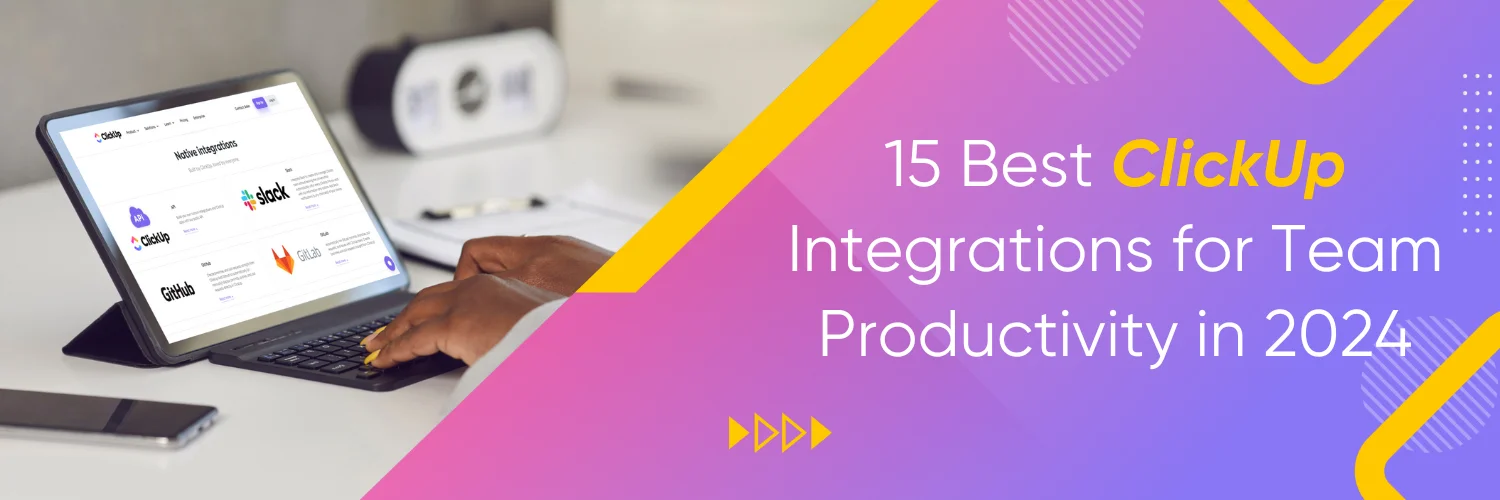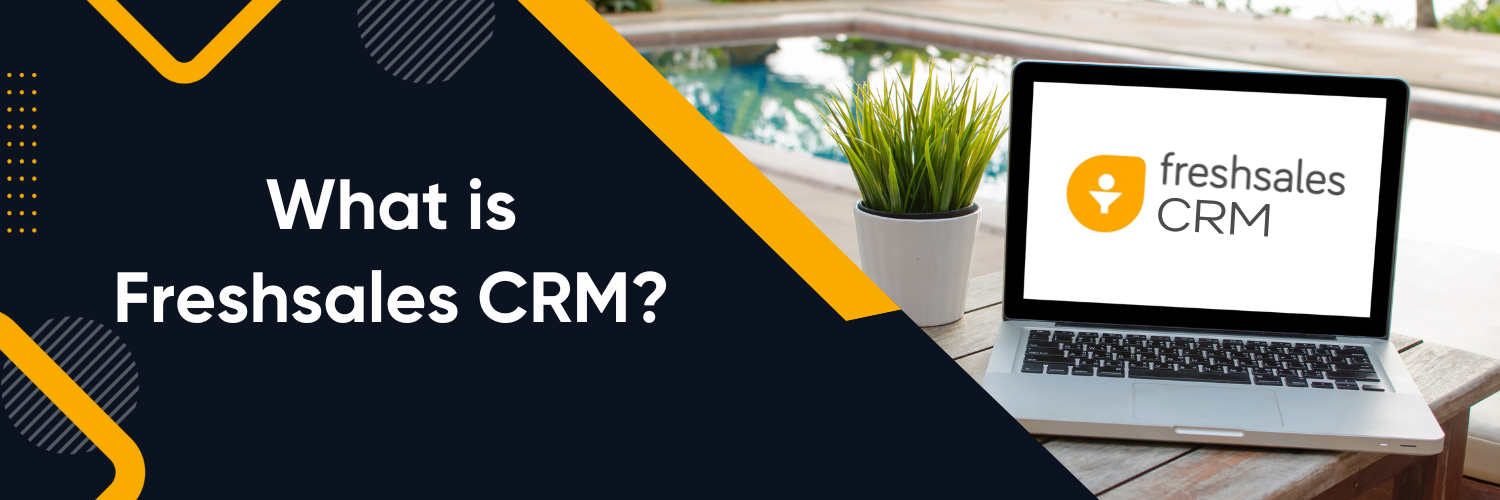Keys to a successful Online Business
The key to success in any online business is knowing where you are going, why you are going there, and how to get there. A business online is not different in this regard. When it comes to growing your business, follow the same steps as you would with a brick-and-mortar store.
Here’s the process to start an online business to help you navigate and successfully launch your new business venture.
1. Decide on a business idea
This is a no-brainer. However, you’d be shocked how many people rush into branding or before they have a solid idea. Here are a few things to think about while deciding on the name of your new online business.
2. Why are you doing this?
It’s a simple question to ask yourself, and the answer can very well determine if your business will be successful. If your business lacks one of these two things, it won’t be around for long.
In a perfect world, you would have an exit plan and an idea of what to do with the business once it’s sold. But, it can take time and resources to create one. You can follow the three-step approach of making, executing, and measuring the best thing you can do now.
3. Are you leveraging your strengths?
It is a good idea to ask yourself if you can handle your new business idea. Developing a business around a hobby, skill, or side hustle that you know inside and out will give you a certain level of expertise to leverage. It provides familiarity to fall back on as you learn how to manage and grow your business, and it can help you build clout amongst potential customers.
4. What problem are you solving?
Just because you have a certain skill set or hobby that you like doesn’t mean there’s a market for it. You need to solve a problem or address an issue with potential customers who need the service or product you’re offering. If you’ve identified a real problem that someone else isn’t addressing, is there a way you can compete? If so, how will you differentiate your business to compete? A market analysis ensures you’re not wasting your time on a nonexistent or crowded business concept.
5. Can your business function solely online?
A unique aspect of starting an online business is the question of where you choose to reside physically. This is a choice between working from your home and having a physical location or operating remotely. You’ll have to evaluate which will work best for you, depending on what type of business you’re going into and your level of experience.
6. Validate your business idea
After you’ve determined that you’ll start a business and have an idea in mind, you need to validate it. This can be as basic as speaking with potential clients and asking them questions about their needs and whether or not they’d be interested in your solution. However, there are other ways to test the market when beginning an internet business.
7. Look through customer reviews
One method for determining the current customer interest in your product is by reading competitive reviews. Look at how customers respond, what they like and dislike and check the overall volume of feedback. You can get a good idea of the active market size and if your product avoids the pitfalls of current offerings or features some of the requested additions mentioned in reviews.
8. Setup a landing page
When creating a brand new website, you can get a lot of mileage from a simple landing page. A preview landing page is a great way to see your business, product, or service in action, showcase your brand, and encourage people to contact you. Then it’s as simple as running a few social media or search ads that target your potential customers to drive traffic to your website.
Validation is essentially an evaluation process. As an industry, we’ve learned that validation is more than simply looking at the numbers – it is an entire process that must be done in a way that best ensures your project’s success. We’ve worked with hundreds of business owners who have been better at understanding the value that their projects will bring their customers.
9. Survey potential customers
If you can’t be on-site, the next best thing is to gather data online. Like driving traffic to your preview website, run a handful of digital ads promoting your survey to gather responses. If you’ve already created a landing page and begun building an email list, you can distribute your survey to individuals who have expressed an interest. A picture, as the adage goes, is worth a thousand words. You’ll have a better chance of getting real answers if you ask more detailed queries.
Start your business plan
Once you’ve defined and validated your idea, it’s time to go further down the road to actual execution. The business plan will be the core of everything, and as you create and refine it, you’ll have a roadmap to follow. If you need to be able to use your data for more than just the basics, like basic reporting, then you need a way to put it into a format that’s easy to get the info out of. One of the great things about SAS is its ability to transform your data to be used in many different ways.
Lean planning
Start with a lean business plan, something you can do in 30 minutes rather than six weeks. A Lean Plan is quicker and easier to write and distills your plan down to the essentials. This free Lean Planning template can help you get started.
1. Define your overall objective.
2. Identify the resources you need to achieve your objective.
3. Prioritise the resources.
4. Create a timeline and milestones.
5. Make sure you’re tracking progress.
Conduct a market analysis
Through the exploration of your business idea, you’ve already completed parts of the market analysis. However, in order to establish the market for your product and identify your competitors, you must undertake a complete market study alongside a SWOT analysis.
Data-driven decisions can be a great way to help you determine how to price your products, which distribution models you can use, and other competitive advantages that you can leverage in the marketplace.
Consider funding and success metrics
Think carefully about the business and sales metrics that you should be tracking in order to know if you’re heading in the right direction. Even if your online business is just a side gig, it’s important to think through the metrics so that you can see if you’re heading in the right direction.
Review your company’s progress from quarter to quarter, month to month, or year to year. You can do this by using spreadsheets, but business dashboards can help you stay on top of your finances. At the same time, systems like QuickBooks can automatically pull in financial information to make this easier to understand.
Setup your website
Your website is the perfect example of how we, as a company, want to be known. It should tell others about what we’re all about and give them the chance to become familiar with us before they ever even interact with our brand. It also serves as a great representation of our business and needs to reflect our products, services, and mission accurately.
Third-party platform, Ecommerce marketplace, or build your own Ecommerce site?
An eCommerce site is a relatively new and direct form of business. An eCommerce site is often the best way to start an online business. It’s easy to create a site, sell a product or service, and ship packages directly to your customers. When you decide to go it alone and host your eCommerce site, you’ll be selling your goods and services directly to your customers, without a “middleman”.
Hosting your site
There are many benefits to running a direct eCommerce site. One of the most important is the level of control over your store. Since it’s possible to make changes to the front-end of your site, it makes sense to do so to best meet your needs.
Having great products doesn’t mean you’re always going to succeed. So while we might love a particular feature, if that’s not really our business, we need to let it go. If you’re trying to sell your products online, choosing a web design that’s right for your business is crucial. The site you create for your customers should be designed with ease of use and effectiveness in mind.
Do you need to build from scratch? It can be quite expensive and time-consuming for an independent entrepreneur to build his or her own website. However, there are plenty of easy-to-use online tools that can give you the tools you need to get started today!
Using a marketplace
More and more third-party eCommerce marketplaces are available, including eBay, Etsy, Amazon, and even Airbnb and Fiverr. If you want to make a business that can take advantage of one of those platforms, it can be easier to set up the platform for you rather than setting up your site.
You’ll have to pay either directly or through a third party for most of your web hosting, social media management and SEO services. Most of the time, these are one-time fees, but sometimes they are monthly subscriptions. You can also look for a specific item on a store’s site and see if they specifically say that it is okay to take in the venue where the concert will be held.
Things you must know in starting your online business
1. Decide on a name
Domain names are important. You need to get them right the first time. This will avoid issues later and keep you from paying for domain names that someone else already has registered. To make sure that your storefront looks as good as possible, it’s important to make sure that it’s optimised and SEO-ready.
2. Build your own site
Building your own site might be a better way of handling things. If you’re creating a real online product, such as a SaaS solution, your team is likely already equipped to create a marketing website. For those selling something online, the web has become a great place to get started. With templates, you can quickly get up and running without having to start from scratch. The templates give you an easy way to show your products and services to your customers.
3. Make it mobile-friendly
Mobile usage has become a necessity in this day and age – whether you want to attract more visitors or retain them, optimising for mobile is now a key factor in how successful you will be online. As more and more people are searching from their smartphones and tablets, you need to ensure that you’re not missing out on the opportunity to attract them.
4. Pay attention to image quality
Images are a big part of social media, so having great ones can mean the difference between getting a click and not. They can make a huge impact on how people feel about a brand.
Hire a freelancer to take the best possible images for your product or invest in the equipment to create your own. Professional images don’t have to cost an arm and a leg – they can be just as good (or even better) than what you can get on your own. A good photo is essential. It should capture your subject matter in such a way that the viewer immediately has an emotional connection with it.
5. Think about blogging
Content marketing (blogging) is often a secondary goal that most people don’t consider until they have a content strategy in place. It may or may not be part of your initial marketing plan. The key here is to retain optionality. Make sure you can add blogging into your strategy as easily as you can remove it.
6. Consider monetisation and affiliate partnerships
Monetising your eCommerce site is something to consider. It’s also something that many merchants begin only after they’ve become quite large. Your goal should be to ensure that your visitors don’t get the wrong idea about what you’re actually trying to sell on your site.
7. Don’t set it and forget it
After you’ve launched your site, you’ll want to use its analytics to help understand what’s going on with it. Use that data to test small changes to your site that might have an impact on your sales.
8. Make it legal
There are a few crucial actions you’ll need to do to verify that your company is lawful. While internet firms follow the same standards as brick-and-mortar enterprises in general, there are a few minor differences.
9. Read up on online business regulations
When it comes to doing business online vs. in person, the most significant distinction to make is online business legislation. These rules govern the distribution of personal information about your customers, as well as other privacy and intellectual property laws.
The Small Business Association (SBA) is an invaluable resource that can help you navigate the world of starting your own business. The SBA gives you a great overview of the ins and outs of doing business online so you can begin with confidence.
10. Register your business
When you start your business, you should decide how you want your business to be structured. The decision to use an LLC or corporation will vary from state to state but check with your secretary of state or attorney general’s office for information on the rules in your state.
11. Learn about tax obligations for running an online business
When you run an online business, you may be eligible for a number of tax deductions, and you’ll be required to pay income tax on profits. But before you get started, it might be a good idea to consult with a lawyer to make sure you are all covered going forward.
Make sure you’re familiar with your state sales tax requirements but also your online sales tax obligations. While there are some state-by-state discrepancies in calculating and collecting sales tax, there are still some common problems, especially for e-commerce businesses. One of the best things you can do is configure your shopping cart solution to collect the right sales tax depending on your customers’ location.
Maintaining your online business
The key difference is that online businesses offer the entrepreneur a new dimension of flexibility. It is not so much about location anymore. You can get started by working from home, and your time is your own. People are just as likely to visit your site as they are to visit any other website out there. So if you’re just hoping for a few visitors here and there, then you’re not going to get it. The trick is to have a website that provides people’s information and needs.
If you’re planning on starting your own business, a free online store sample plan can be a great place to start. And since there are a ton of templates available, you can use any of them as you fill out your business plan.
If you want even more help, you could try reaching out to Ubique Digital Solutions. We will help you plan and strategise on how you can start and achieve your goals for your online business. UDS also helps maintain an online business and boost your store’s online presence. We offer different packages that will surely help you move and take the next steps for your dream business.


















